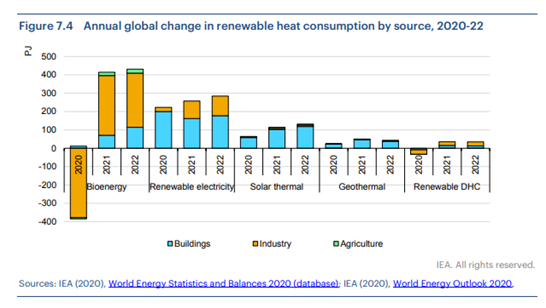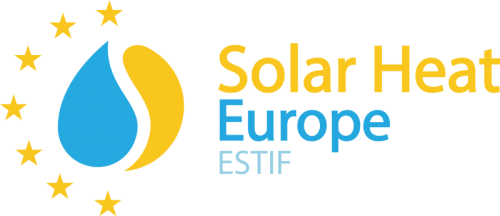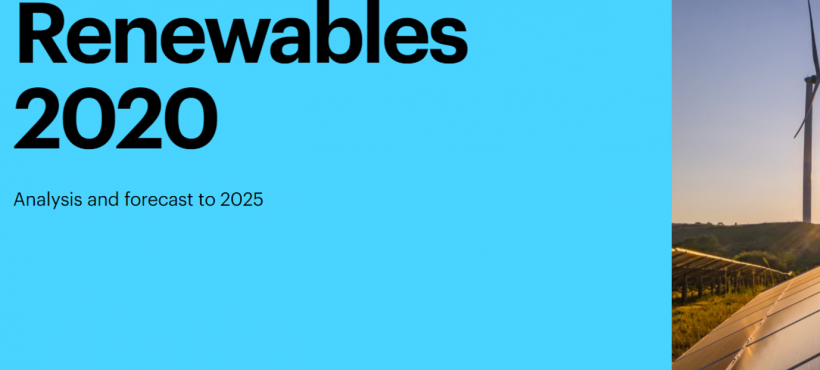The international energy agency IEA launched its 2020 report on renewables analysis and forecast to 2025, including data on solar thermal heat
On November 10th the International Energy Agency (IEA) launched its 2020 report on renewables, looking at the impact of Covid-19 on RES in the electricity, heat, and transport while presenting the forecasts for 2025 for all the sectors and technologies.
Despite looming economic uncertainties, investor appetite for renewables remains strong. IEA foresees a substantial increase in solar heat supply over the 2 next years: this continued expansion is the demonstration of the resilience of our sector despite the unprecedented times of the Covid19 pandemic.

Heat demand in buildings fell and expanding solar thermal, geothermal and heat pump applications counterbalanced the consumption of bioenergy which remains unchanged. This slight increase allowed renewable (excluding ambient heat) to meet 11.5% of the global demand in 2020. This share is expected to reach 12.3% in 2021-2022 but mostly due to the use of RES electricity for heating purposes.
Despite the consequences of Covid19 spread, globally solar thermal consumption is expected to increase more than 4% in 2020, in a similar way to 2019. China continues to lead this expansion, followed at a distance by the US and EU. In Europe, key markets such as Germany have experienced positive developments: from January to July 2020 collectors’ sale was 14% higher than the same period of 2019, mostly due to improved financial support for decarbonised heating.
Solar thermal consumption is expected to grow by an annual 8% in 2021-2022, with China, US, EU, and Middle East accounting for more than 70% of the increase. However, in these markets policymakers are increasingly interested in electrification and have limited policy attention for direct heat RES, increasing the competition from the heat pump and rooftop photovoltaic for small-scale solar water heaters. Policy and economic support, in the form of regulation or incentives (as done respectively in Greece, Denmark, and Cyprus) remains a determining factor for the sunny future of solar thermal markets.


Leave a Reply